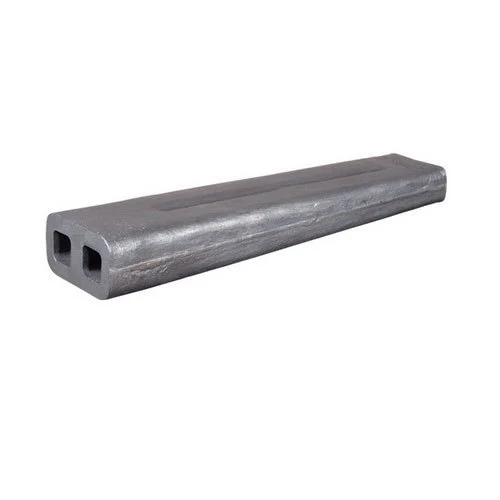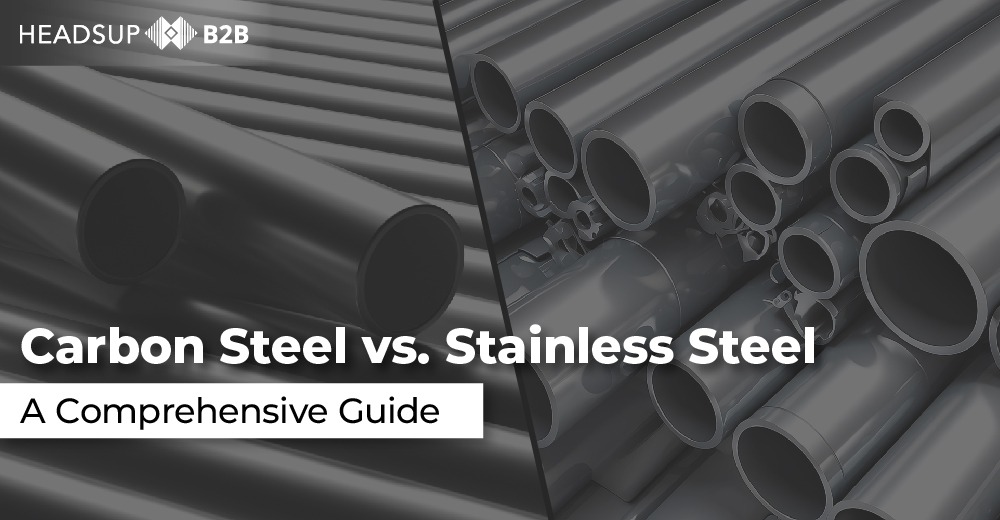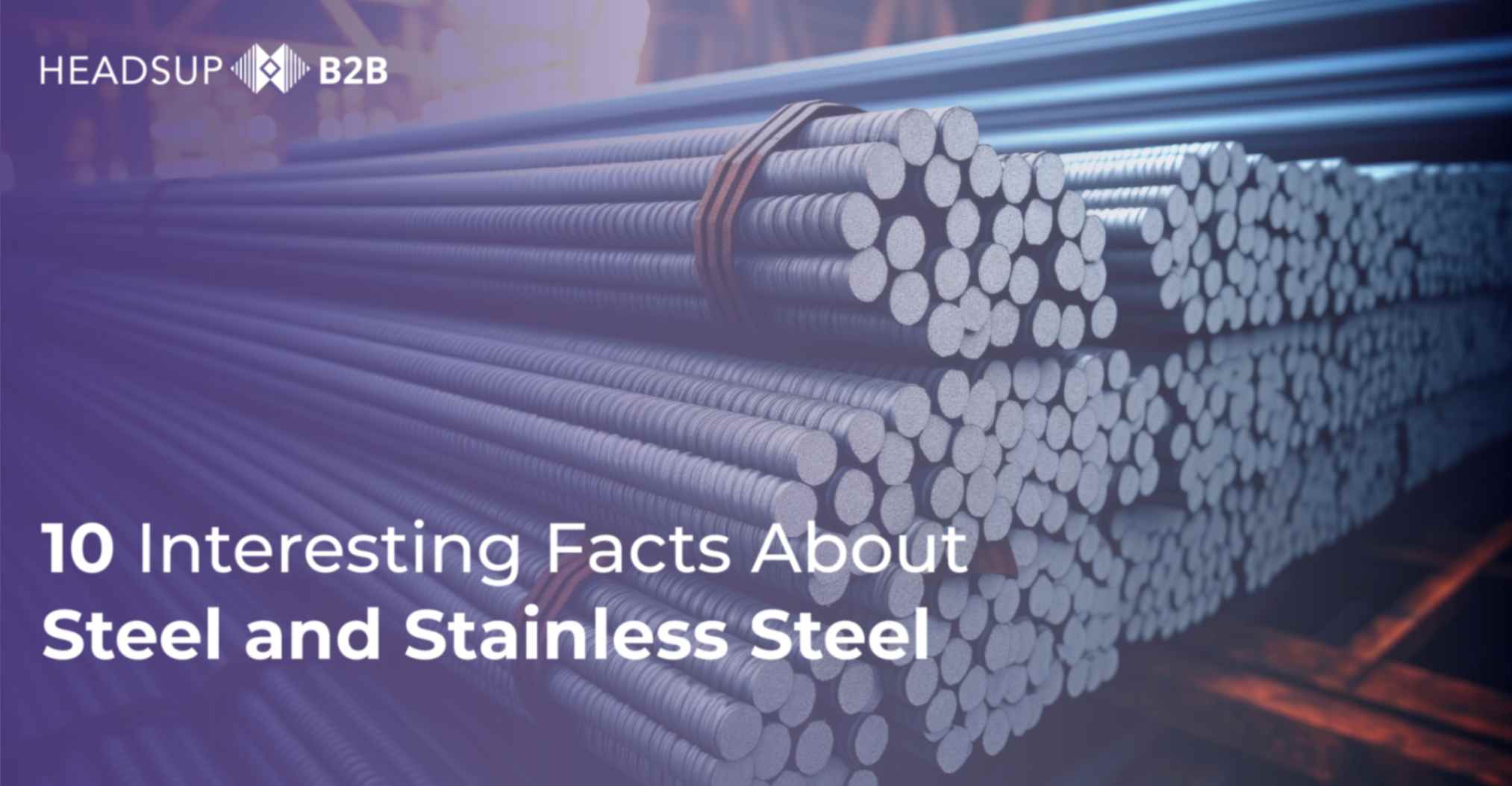A mild steel ingot is a solid piece of low-carbon steel, generally having between 0.05% and 0.30% carbon. Because of its very low levels of carbon, mild steel has certain characteristics that make it ductile, malleable, and weldable, thus making it a material extensively employed in practically all industries. It is made using a melting process wherein molten steel is cast into molds and left to cool. Mild steel ingots become mostly the raw material that will now conveniently undergo further processing to become sheets, bars, and structural members. Their low cost and appropriate mechanical characteristics have characterized their role as basic material during engineering work in manufacturing and construction.
Benefits
1.Versatility: With its balanced mechanical properties, mild steel can be used in various applications from construction to automotive manufacturing.
2.Availability: As one of the most-produced steel forms, the production and availability of mild steel ingots will almost always ensure a stable supply in several industries.
3.Recyclability: Mild steel finds full recycling, promoting sustainability and reducing raw material consumption.
4.Magnetic Properties: Mild steel, containing iron, exhibits magnetic properties and is useful in electrical applications and motor manufacturing.
5.Surface Hardening Capacity: Naturally soft in character, mild steel can undergo surface-hardening treatments for performance enhancement in specific applications with respect to wear resistance.





